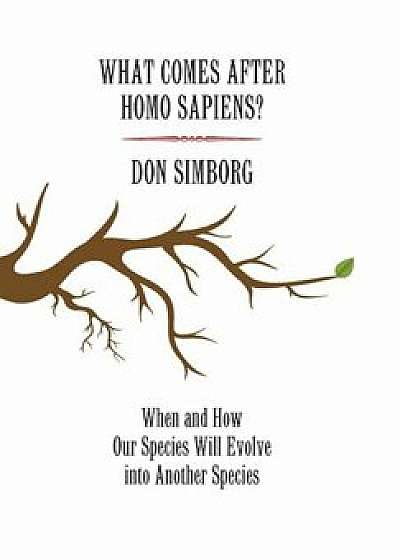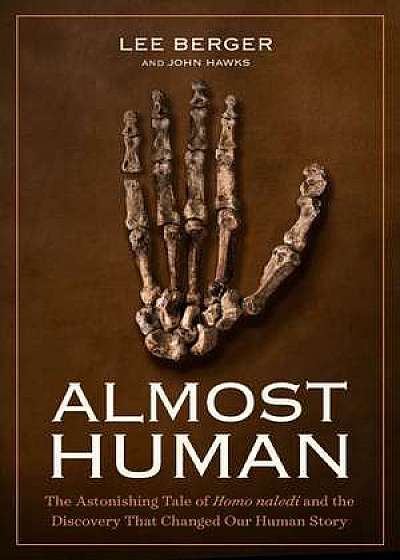
What Comes After Homo Sapiens': When and How Our Species Will Evolve Into Another Species, Hardcover/Don Simborg
Descriere
Life began on earth 3. 8 billion years ago. We have had two momentous evolutionary events since then: the emergence of Eukarya about 2 billion years ago (the basis of all plants and animals) and the enlargement in size and capability of the human brain, which began about 2 million years ago. Otherwise humans have had a remarkably stable evolutionary process. But now, two technologies, artificial intelligence and genetic engineering, are converging rapidly to create a third momentous event: the creation of the next human species. - There are over seven billion people alive today, consisting of many variations in physical, mental, cultural and genetic characteristics. We occupy virtually every livable land-based niche on earth. Yet we are all one species, Homo sapiens. - All Homo sapiens can freely interbreed with each other and have normal offspring. This is the essence of what we call a species. - We are also all humans, a term that can expand to include multiple species as it has in the past. Humans were formed through the forces of evolution. The evolutionary process involves changes in our genetic makeup interacting with the environment. Darwin called this natural selection and it has been going on for billions of years. It never stopped. Before humans emerged, we shared a common ancestor with chimpanzees. Although there is some uncertainty concerning the exact path, our species developed in Africa through many stages of what we call human, and eventually Homo sapiens spread throughout the world. A second human species, which I'm calling Homo nouveau, will soon coexist with us. Although this seems astonishing, having more than one human species living simultaneously with other human species was the usual case for millions of years. The astonishing part is how it will happen for Homo nouveau. --Don Simborg





